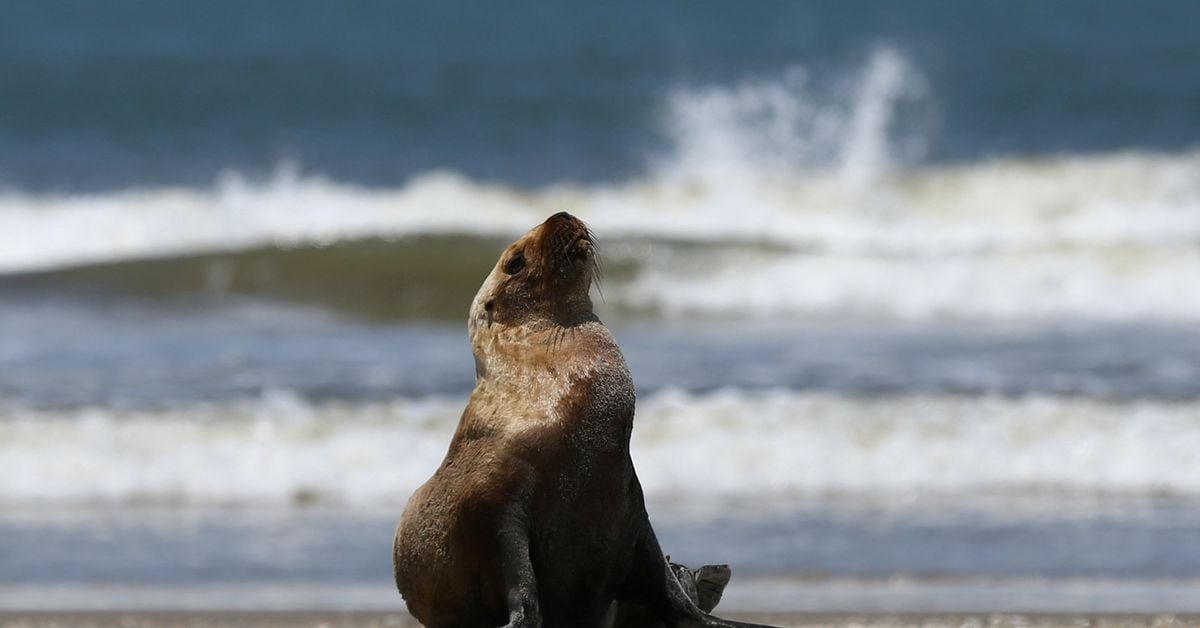The southernmost state of Rio Grande do Sul has confirmed an unprecedented 942 sea mammal deaths following infection by the highly pathogenic avian influenza (HPAI), which was reported for the first time ever in the South American country this year.
Oceanographer Silvina Botta, at the Rio Grande Federal University (FURG), said the carcasses have to be buried or incinerated as soon as possible to reduce the risk of contaminating humans or other animals.
Scientists have also found some sea mammals convulsing along local beaches, as the virus attacks their nervous system. Under government health regulations, animals have to be euthanized to spare “a very painful death,” Botta said.
Since Brazil’s first report of HPAI in wild birds in May, the Agriculture Ministry says preventive measures have avoided an outbreak on commercial poultry farms, which could trigger export bans against Brazil, the world’s top chicken exporter.
But the virus has run rampant in other animal populations. In addition to the outbreaks among seabirds, seals and sea lions, authorities have collected samples of dead porpoises and penguins found on beaches, with no confirmed results yet.
Unfortunate to see so many seals and sea lions die.
SEALS ARE NOT BIRDS!
Stupid virus.
Not good. Plus the clean up must really be bad.




